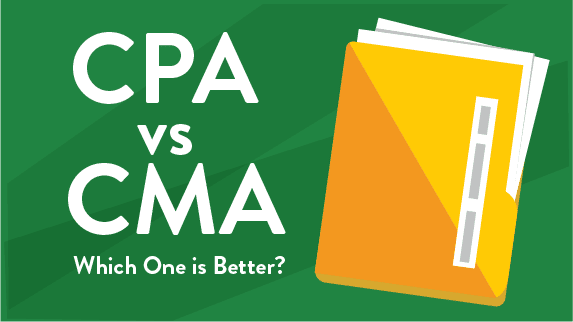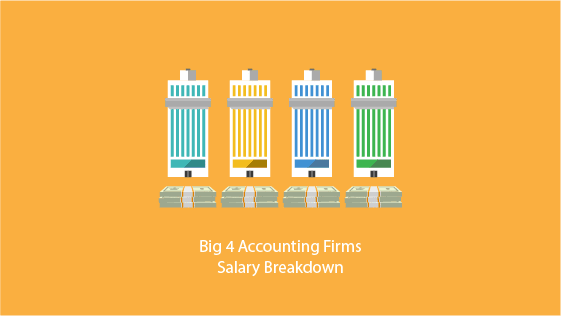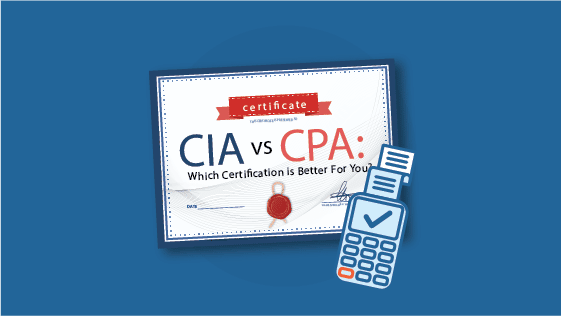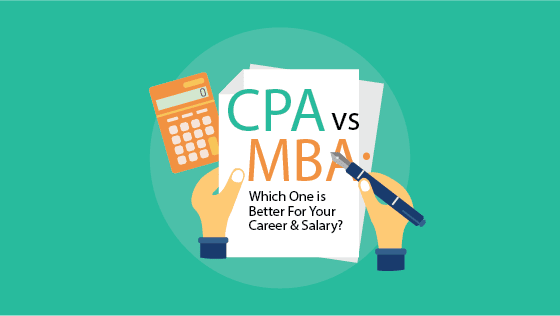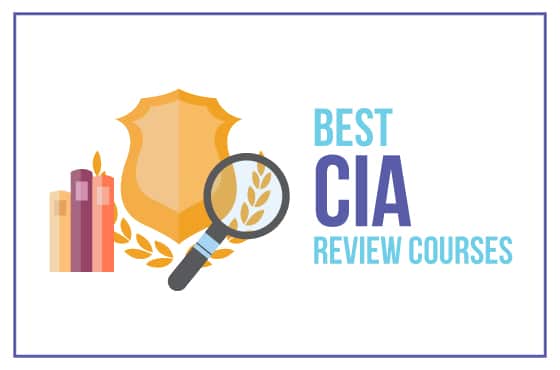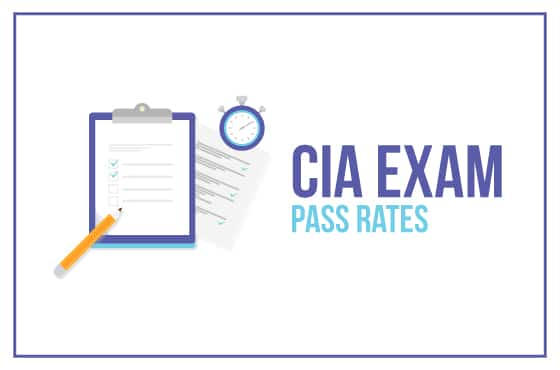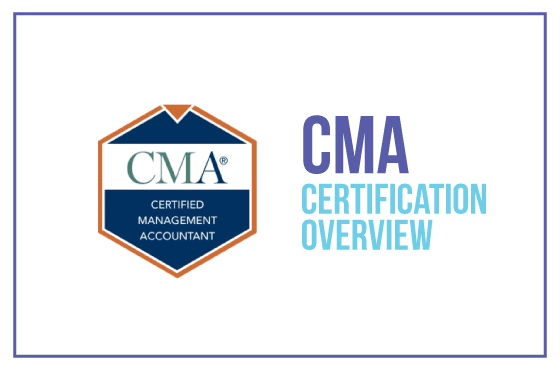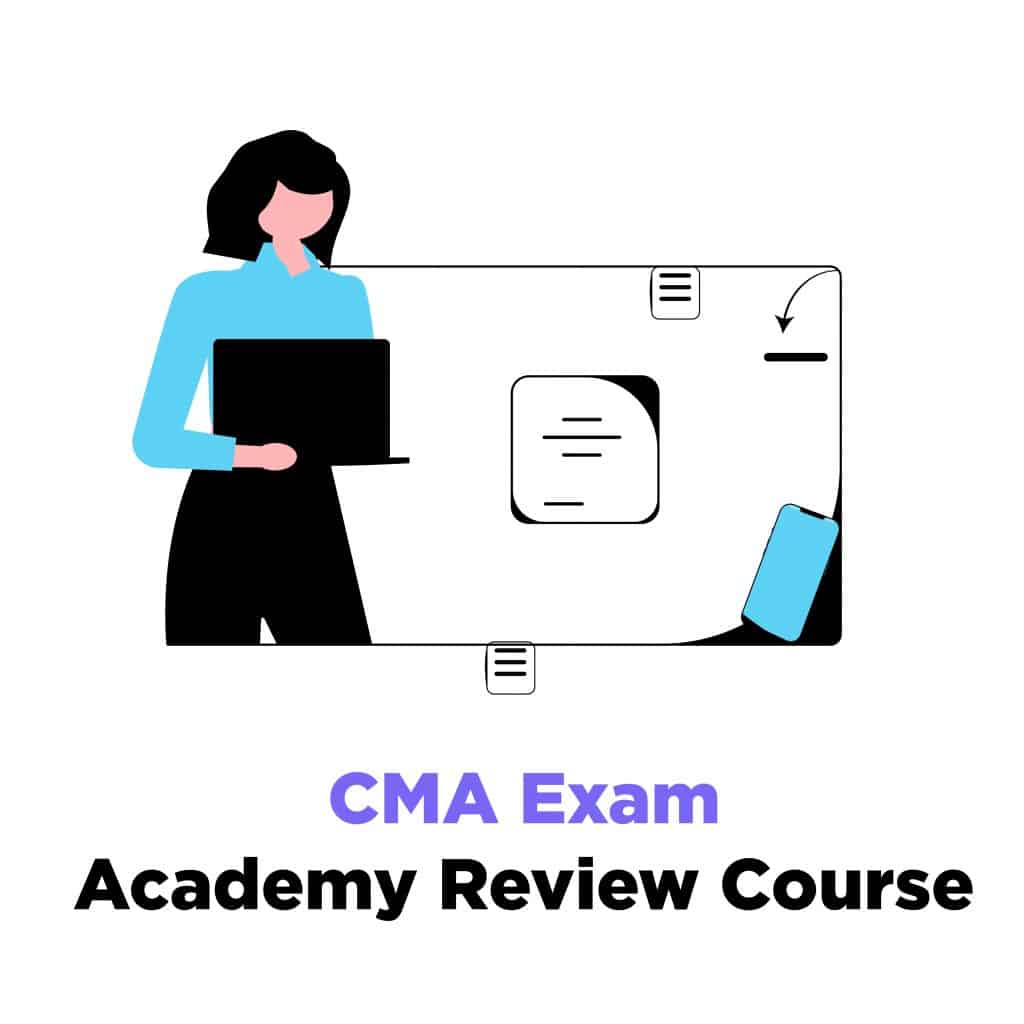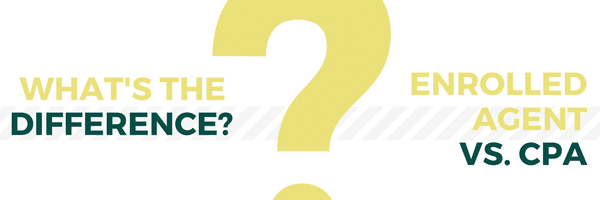
Deciding whether to pursue a career as a Certified Public Accountant (CPA) or an Enrolled Agent (EA) transcends the mere selection of a professional title. This pivotal choice has sparked extensive discussions in numerous Reddit threads and accounting groups, reflecting its significance in the accounting community.
Before I committed to the path of becoming a certified public accountant, I gave serious thought to the role of an enrolled agent. Both CPAs and EAs are recognized as tax professionals, each highly skilled in their respective domains. However, they are distinct in their scope of practice, areas of specialization, and the types of clients they typically serve.
Now, let’s delve deeper into these two esteemed tax professional designations and compare CPA vs Enrolled Agent.
The Biggest Differences Between a CPA and an EA

As of September 1, 2023, there are 672,587 actively licensed CPAs in the United States. This statistic from the NASBA highlights the popularity of the CPA designation and underscores the competitive nature of this field.
Equally intriguing is the career of an Enrolled Agent (EA), a federally-authorized tax practitioner who specializes in tax planning and can represent taxpayers before the Internal Revenue Service (IRS.)
Both the CPA and the EA are credentials that must uphold stringent ethical standards. However, the CPA is regulated on the state level, and the EA is regulated on the federal level.
Here is a bulleted list of the main differences between the two:
- Regulatory Authority:
- CPA: Regulated at the state level by state boards of accountancy.
- EA: Federally authorized by the Internal Revenue Service (IRS).
- Scope of Practice:
- CPA: Broad scope, including financial accounting, auditing, financial planning, and business consulting.
- EA: Specialized in tax-related services, such as tax planning, preparing tax returns, and providing tax advice.
- Representation Rights:
- CPA: Can represent clients in the state(s) where they are licensed.
- EA: Has unlimited rights to represent taxpayers before the IRS nationwide.
- Certification Process:
- CPA: Requires passing the Uniform CPA Exam, which consists of four parts: Auditing and Attestation, Business Environment and Concepts, Financial Accounting and Reporting, and Regulation.
- EA: Must pass the Special Enrollment Examination (SEE), a three-part exam focused on individual and business tax returns and representation practices and procedures.
- Educational Requirements:
- CPA: Typically requires 150 semester hours of education, including a bachelor’s degree and often a master’s degree in accounting or a related field.
- EA: No specific educational requirements, but one must have in-depth knowledge of the U.S. tax code.
- Continuing Education:
- CPA: Must complete continuing education hours as mandated by their state’s board of accountancy.
- EA: Required to complete 72 hours of continuing education every three years, with a focus on tax-related topics.
- Career Opportunities:
- CPA: Opportunities in public accounting firms, corporate accounting, government, non-profits, and as financial planners.
- EA: Typically, they work in tax preparation firms, provide tax consulting services, or may be self-employed tax professionals.
- Licensing and Reciprocity:
- CPA: Licensed by individual state boards; reciprocity between states can vary.
- EA: Nationally recognized license without state-specific limitations.
- Salary and Earning Potential:
- CPA: Generally higher earning potential, with opportunities in various sectors.
- EA: More focused earning potential in the realm of tax services and tax consulting.
- Clientele:
- CPA: Serves a diverse range of clients, including businesses, individuals, and organizations, offering services beyond tax issues.
- EA: Primarily serves clients with complex tax situations, IRS audit representation, and tax return filing needs.
Regulatory Authority
CPAs are licensed at the state level, which limits their scope of practice to those jurisdictions. However, in certain situations, CPAs can gain reciprocity, allowing them to practice in other states. This state-level regulation by various state boards of accountancy ensures that CPAs are well-versed in the specific business and financial laws of their jurisdiction.
Enrolled Agents are licensed by the IRS and are federally authorized tax practitioners. They have unlimited rights to represent taxpayers before the IRS, making them invaluable for clients dealing with federal tax matters.
Scope of Practice
One of the primary reasons I chose to become a CPA expert instead of an EA was my passion for the diverse aspects of accounting. The scope of practice for CPAs is broad, covering areas like financial accounting, auditing, financial planning, and business consulting. This variety appealed to me, as I was drawn to the idea of handling a wide range of financial matters, not just taxation. The CPA profession offered me the opportunity to delve into different sectors of accounting, each with its unique challenges and rewards.
While taxation, covered under the Regulation section of the CPA exam, is an integral part of our training, it’s just one piece of the puzzle. The comprehensive nature of the CPA qualification allows us to provide holistic financial solutions to our clients, which I found incredibly fulfilling.
On the other hand, EAs have a more focused specialization. They excel in tax-related services such as tax planning, preparing tax returns, and providing tax advice. Their expertise is deeply entrenched in all aspects of the tax code, making them indispensable for those who need dedicated tax professionals. While this specialization is crucial and highly respected, my desire for a broader career scope ultimately led me to the CPA path.
Representation Rights
CPAs have the privilege to represent clients in the states where they are licensed, covering a wide range of financial and auditing services.
EAs, with their federal authorization, can represent taxpayers before the IRS across the entire United States. This unique privilege is particularly important for clients with complex federal tax issues.
Certification Process
The certification process for becoming a Certified Public Accountant (CPA) or an Enrolled Agent (EA) involves distinct steps, each tailored to the specialized knowledge required in these fields.
- For CPA Certification:
- Education: Candidates must complete 150 undergraduate hours.
- Examination: The CPA exam, administered by the AICPA, is undergoing significant changes in 2024. The updated exam will include three core sections and one discipline-specific section, aligning with the CPA Evolution model. The core sections are:
- Auditing and Attestation (AUD)
- Financial Accounting and Reporting (FAR)
- Regulation (REG)
- Business Analysis and Reporting (BAR)
- Information Systems and Controls (ISC)
- Tax Compliance and Planning (TCP)
- For EA Certification:
- Examination: Aspiring EAs need to pass a three-part comprehensive examination, or alternatively, have relevant experience at the IRS. The exam sections include:
- Individuals
- Businesses
- Representation, Practice, and Procedure
- The focus is on tax laws and representation, equipping EAs with specialized skills in these areas.
- Examination: Aspiring EAs need to pass a three-part comprehensive examination, or alternatively, have relevant experience at the IRS. The exam sections include:
Continuing Education
Continuing education is crucial for both CPAs and EAs. CPAs are required to complete continuing education hours as mandated by their state’s board, keeping them updated on the latest accounting standards and practices. EAs must complete 72 hours of continuing education every three years, focusing primarily on tax-related topics to ensure their expertise remains current.
Cost to Become a CPA vs Enrolled Agent

How much will it cost you to get your CPA license? Well, there isn’t a straight answer for this one because of all the different factors. If you really want to do a deep dive and get the specific requirements, check out our full CPA requirements by state. Where you go to school to get your bachelor’s degree will be one cost, as well as if you continue on to get your master’s as part of the 150 credit hour requirement.
Here’s a bulleted list of the costs associated with becoming a CPA, along with average estimates for each:
- College Education: Bachelor’s and Master’s Degree (150 credit hours): The cost varies significantly depending on the institution, but on average, it can range from $40,000 to $120,000 or more for both degrees combined.
- CPA Exam Fees: Application Fee: Varies by state, typically between $50 and $200.
- CPA Review Course: The cost for a comprehensive CPA review course ranges from $1,500 to $3,000, depending on the provider and packages
- Initial Licensing Fee: Varies by state, but generally around $150 to $300.
- Ethics Exam (if required by the state): approximately $250 to $299.
The total cost to become a CPA, including education, exam fees, review courses, and initial licensing, ranges approximately between $41,950 and $123,799. This range depends on various factors, such as the choice of college, state of licensure, and the specific CPA review course selected.
These costs are estimates and can vary based on individual circumstances, such as the choice of college, state of residence, and the specific CPA review course selected. For more detailed and state-specific information, it’s advisable to check with local state boards of accountancy and educational institutions.
The process for EA candidates is much simpler. They first must obtain a PTIN (Personal Tax Identification Number) from the IRS, which costs $21. Renewal fees are $19.75.
Salary Differences

When examining the salary landscape for Certified Public Accountants (CPAs) and Enrolled Agents (EAs), distinct differences emerge, influenced by their respective professional scopes and market demand.
CPA Salaries
CPAs typically enjoy a higher earning potential, reflecting their diverse skill set in financial accounting and business environment. The median salary for a CPA is around $62,123, but this can escalate significantly in roles such as corporate and executive accountants, financial planners, or when working in public accounting firms.
CPAs holding positions like Chief Financial Officers or partners in large accounting firms often see salaries well into the six figures, especially in major financial centers.
EA Salaries
EAs, with their specialization in tax preparation and tax consulting, have a more focused earning scope. The median salary for an EA hovers around $49,000, peaking at about $60,000, particularly for those specializing in business tax returns or complex individual tax situations.
Experienced EAs who offer comprehensive tax services or operate their own tax consultancy can achieve higher earnings, especially with a strong client base.
Tax Professional Career Opportunities: CPA vs EA
The career trajectories for CPAs and EAs vary significantly, shaped by their specialized training and certification areas.
CPA Career Opportunities
- CPAs have access to a wide array of career paths, including roles in financial planning, auditing, and tax return filing.
- They can work as Audit Managers, Tax Managers, Financial Controllers, or Internal Auditors in various sectors, including public accounting firms, corporate finance, and government agencies.
- CPAs are also well-suited for roles like Financial Analysts, Compliance Officers, or Risk Managers, especially in corporate settings.
High-level positions such as Chief Financial Officers (CFOs) or Financial Directors are often filled by experienced CPAs.
EA Career Opportunities
- EAs are highly valued for their expertise in tax-related fields, focusing on tax return preparation, tax advice, and IRS representation.
- Common roles for EAs include Tax Consultants, Tax Preparers, and IRS Audit Specialists, often found in tax preparation franchises or within accounting firms.
- EAs can also excel as Tax Compliance Officers, Tax Advisors for small businesses, or as Independent Tax Practitioners running their own firms.
Opportunities also exist for EAs in educational roles, such as Tax Educators or Instructors in professional tax courses.
Related Resources on Career Paths
- CPA vs. MBA: Which One is Better For Your Career & Salary?
- Big 4 Accounting Firm Salary Breakdown
- Top 5 Best Accounting Certifications
A Note About the Accountant Shortage
As someone deeply immersed in the accounting profession, I can confidently say that now is an incredibly lucrative time to become a Certified Public Accountant (CPA). We are currently experiencing a notable CPA shortage, primarily driven by a wave of retirements in the industry. A significant portion of seasoned CPAs are reaching retirement age, creating a gap in the workforce that needs to be filled by new, skilled professionals.
This scenario presents a unique opportunity for those entering the field. The demand for qualified CPAs has surged, leading to highly competitive salaries and a wide array of career opportunities. Firms and businesses are actively seeking talented individuals to fill these roles, offering not just financial incentives but also the chance for rapid career advancement.
Which is Better: CPA or Enrolled Agent?
The answer to this question really depends on what you want with your career, so I challenge you with another question: why not have both for the price of one?
If you are a CPA, then there is no need to become an EA because a CPA is qualified to perform the duties of the EA. A case where this might make sense is if you work as an EA while you are preparing to sit for your CPA exam with the goal of continuing to work in taxation. Otherwise, it would be redundant to go for the EA when you are already a CPA.
However, if you want to primarily prepare tax returns and don’t mind the challenges of keeping up with complicated regulations, then becoming an EA might be the path for you. Both the time and price associated with the EA designation are far less than those needed to become a CPA.
It’s also important for you to know that market demand is greater for CPAs than EAs. But the ultimate decision comes down to what your career aspirations are. If you like accounting work with a micro focus, become an EA. If you are interested in accounting practices that have nothing to do with taxes (such as auditing), then pursue the CPA!
GET STARTED BECOMING AN ENROLLED AGENT
OR
FAQs
The main difference lies in their scope and regulatory authority. CPAs (Certified Public Accountants) are licensed at the state level and have a broad scope in accounting, auditing, and financial planning. EAs (Enrolled Agents) are federally licensed by the IRS and specialize in tax-related matters.
To become a CPA, one must complete 150 undergraduate credit hours, which typically includes a bachelor’s and master’s degree in accounting or a related field. Each state has specific requirements for courses.
To become an EA, you must pass a three-part comprehensive IRS examination covering Individuals, Businesses, and Representation, Practice, and Procedure, or have relevant experience working with the IRS.
Yes, CPAs can represent clients before the IRS, but their practice is generally limited to the state(s) where they are licensed, unless they have reciprocity in other states.
CPAs must complete continuing education hours as mandated by their state board, while EAs are required to complete 72 hours of continuing education every three years, focusing on tax-related topics.
CPAs have diverse career opportunities, including roles in public accounting firms, corporate accounting, government, and as financial planners. They can work as auditors, tax specialists, financial analysts, and even advance to positions like CFOs.
EAs specialize in tax issues, including tax preparation for individuals and businesses, providing tax advice, and representing clients in IRS matters.
Yes, EAs can work in public accounting firms, primarily focusing on tax preparation and advisory services.
Bryce Welker is a regular contributor to Forbes, Inc.com, YEC, and Business Insider. After graduating from San Diego State University, he went on to earn his Certified Public Accountant license and created CrushTheCPAexam.com to share his knowledge from reviewing hundreds of accounting courses while helping thousands of other accountants become CPAs. Bryce was named one of Accounting Today’s “Accountants To Watch” among other accolades. As Seen On Forbes


